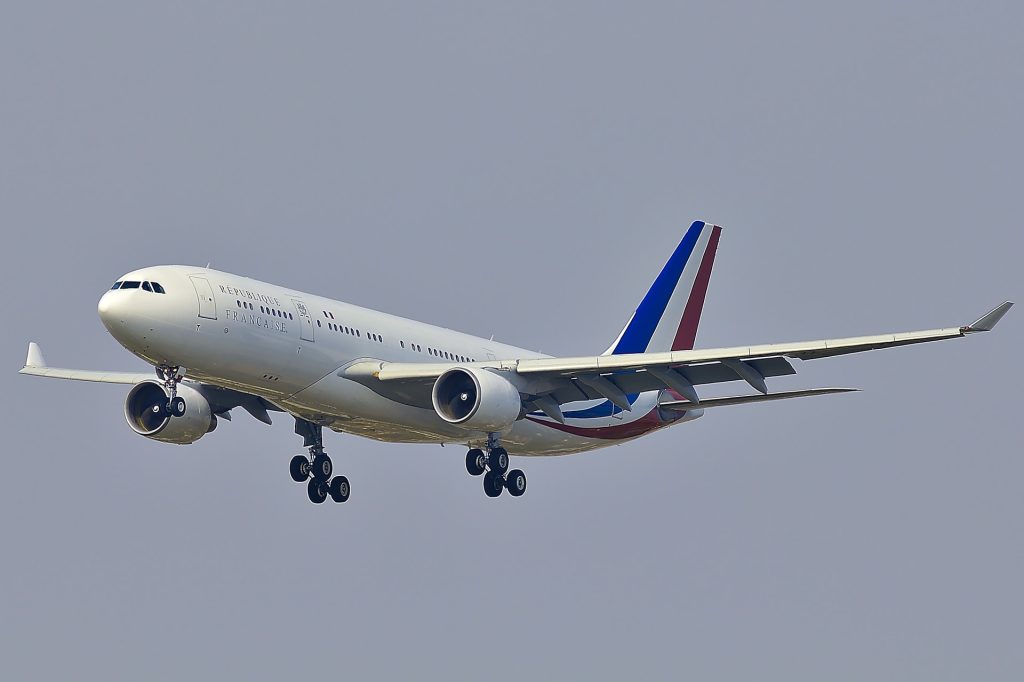
A survey of military and paid civilian pilots has revealed that they may avoid seeking medical advice out of fear of losing certification to fly. Two-thirds of military and paid civilian pilots answered “yes” to at least one of four survey questions on reluctance to seek formal medical advice about health problems, reported William R. Hoffman, MD, who presented a poster at the American Academy of Neurology annual meeting.
Hoffman, a US Air Force employee, noted that both civilian and military pilots can be grounded if they have certain medical symptoms or diagnoses, with a range of negative repercussions for the pilot. As a result, pilots are disinclined to be truthful about their health if their employers or officials might find out.
In a previous survey of pilots led by Hoffman, more than three-quarters reported that they “felt worried about seeking medical care due to concern for their career or hobby.” The new survey probed this reluctance, with respondents asked whether they agreed or disagreed with the following:
- Sought informal medical advice for fear of certificate loss
- Flew despite experiencing a new symptom (physical or psychological) that warranted evaluation
- Did not disclose prescription medication use
- Misrepresented or withheld information on a written healthcare questionnaire for fear of certificate loss
Respondents to the web-based survey included 2383 nonprofessional civilian pilots, 1097 paid civilian pilots, and 261 military pilots.
Just over half of the unpaid civilian pilots denied ever hiding any of the four types of information. But that was true for only 33.6% of the paid civilian pilots and 32.2% of the military pilots.
Fortunately, among all respondents, only 6.8% said they had not disclosed prescription drug use as required, and just 16.8% acknowledged that they had kept new symptoms secret. But 45.7% acknowledged seeking informal advice in place of seeing a professional, and 26.8% said they had withheld or overtly misrepresented information on written forms. A few (2.2%) admitted to all four types of avoidance.
Female pilots reported slightly more avoidance of disclosure (62.0% of all female respondents vs 55.4% of men; P not reported). Younger pilots were also less open, especially those aged 25–40 (69.1% vs 40.7% in those older than 60). Union membership and active-duty military status were linked to high rates of avoidance (70.1% and 75.8%, respectively, vs 51.8% among non-unionised civilian and military reservist pilots).
Hoffman suggested that neurologists recognise that pilots may be shy about revealing their true health condition. “This might be mitigated through developing rapport with the pilot, asking questions about concerns related to their flying status, and clear communication about documentation and clinic course.”
Additionally, he recommended, “it is good technique to order only the necessary tests for all patients, to include pilots to avoid false positives.”
Despite this, medical professionals have an obligation to communicate a pilot’s health concerns to those responsible for evaluating fitness to fly.
Source: MedPage Today

